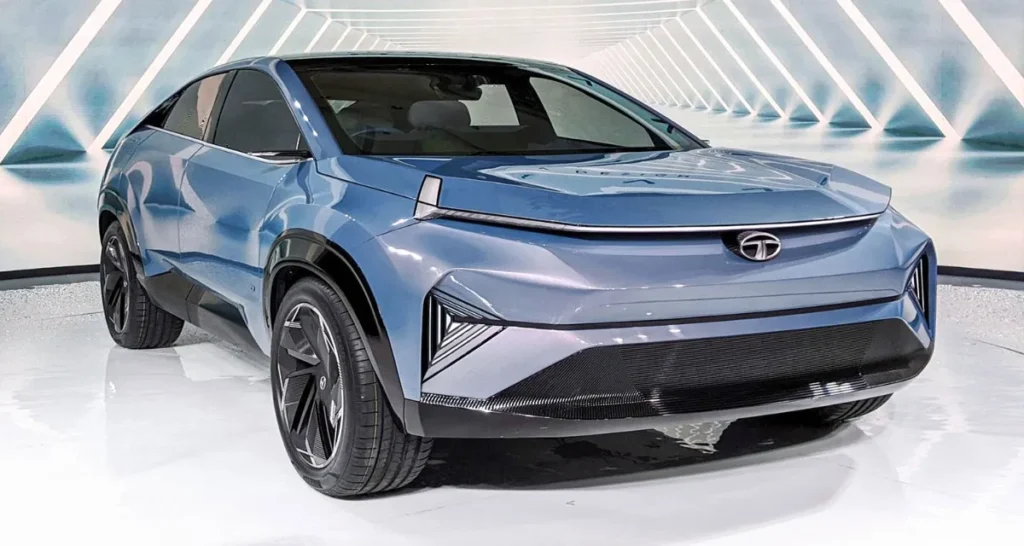
Electric Cars are rapidly transforming the Indian automotive market, and 2025 promises to be a landmark year for EV adoption. With rising fuel prices, stricter emission norms, and increasing environmental awareness, more Indian buyers are now looking toward sustainable mobility solutions. Leading carmakers are introducing new electric vehicles with longer range, competitive pricing, and better charging infrastructure. If you are planning to buy one, this detailed guide will help you understand the range, price, and charging options for Electric Cars in India in 2025.
Growing Popularity of Electric Cars in India
The Indian EV market has seen remarkable growth in the last few years. Government incentives under the FAME II scheme, along with state subsidies, have reduced the upfront cost of owning an EV. Companies like Tata Motors, MG Motor, Hyundai, and BYD are launching models that offer a perfect blend of performance, comfort, and affordability. With more charging stations being installed nationwide, Electric Cars are now a viable option even for long-distance travel.
Expected Price Range in 2025
In 2025, Electric Cars in India are expected to be priced more competitively due to increased local manufacturing and battery cost reductions.

- Budget EVs (₹8 – ₹12 lakh): Models like Tata Tiago EV and Citroën ë-C3 will dominate this segment, offering decent city range and compact designs.
- Mid-Range EVs (₹15 – ₹25 lakh): Popular choices like Tata Nexon EV, MG ZS EV, and Hyundai Kona Electric will continue to offer better performance and features.
- Premium EVs (₹30 lakh+): High-end models from BYD, Kia, and even luxury brands like BMW and Mercedes will target performance enthusiasts with advanced technology.
By 2025, the overall cost of ownership for Electric Cars will likely be lower than petrol or diesel cars when factoring in savings on fuel and maintenance.
Budget Electric Cars (Under ₹15 lakh)
- Tata Tiago EV
- Tata Punch EV
- Citroën ë-C3
- MG Comet EV
- Mahindra e2o Plus (upgraded model expected)
Mid-Range Electric Cars (₹15 – ₹30 lakh)
- Tata Nexon EV
- MG ZS EV
- Hyundai Kona Electric
- Mahindra XUV400 EV
- BYD Dolphin
Premium Electric Cars (₹30 lakh+)
- BYD Atto 3
- Kia EV6
- Hyundai Ioniq 5
- BMW i4
- Mercedes-Benz EQB
- Volvo XC40 Recharge
Driving Range of Electric Cars in India 2025
One of the most important factors while buying Electric Cars is the driving range. Thanks to advancements in battery technology, EVs in 2025 are expected to offer:
- Budget EVs: 200–300 km per charge
- Mid-Range EVs: 350–450 km per charge
- Premium EVs: 500–600 km per charge
These improvements mean that even budget models can handle daily commutes and occasional intercity travel without frequent charging stops.
Charging Infrastructure and Options
The charging ecosystem for Electric Cars in India is expanding rapidly. By 2025, you can expect:
- Home Charging: Using a 3.3 kW or 7.4 kW AC charger, most EVs can be charged overnight.
- Public Charging Stations: Fast chargers capable of adding 80% battery in under 60 minutes will be available in cities, highways, and malls.
- Battery Swapping: Emerging as a quick solution for commercial EVs and potentially for personal cars in select regions.
According to Tata Power EZ Charge, India already has hundreds of EV charging stations, and this network is set to expand significantly in 2025, making long-distance EV travel much easier.
Why 2025 is the Right Time to Buy an Electric Car
- Lower Costs: Reduced battery prices and higher government incentives.
- Better Range: More options offering over 400 km range per charge.
- Strong Resale Value: Growing demand ensures a better resale market for EVs.
- Environmental Benefits: Zero tailpipe emissions help reduce urban air pollution.
Conclusion
The future of mobility in India is electric, and 2025 will mark a major shift toward cleaner and more efficient transportation. With competitive pricing, longer driving ranges, and improved charging infrastructure, Electric Cars are set to become mainstream. If you’ve been waiting for the right time to make the switch, 2025 might just be the perfect year to invest in an EV.